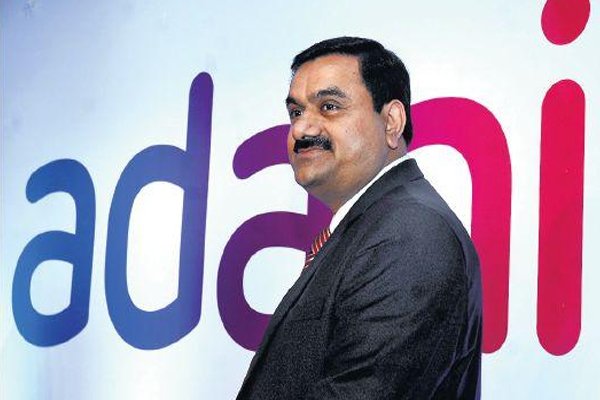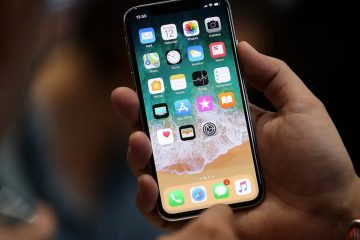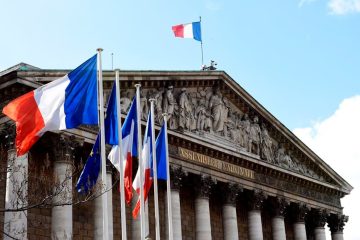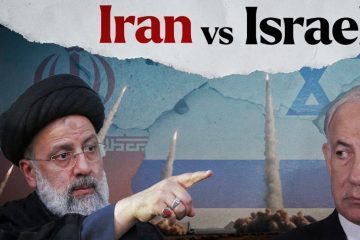U.S. court indict Indian billionaire for bribery

U.S. authorities have indicted an Indian billionaire for allegedly deceiving investors and concealing a bribery operation.
A prominent Indian businessman, ranked among the wealthiest globally, faces indictment in the United States for allegedly deceiving investors by hiding the involvement of a purported bribery scheme in his company’s extensive solar energy initiative in the subcontinent. Gautam Adani, aged 62, faces charges outlined in an indictment made public on Wednesday, which includes allegations of securities fraud and conspiracy to engage in securities and wire fraud. The situation pertains to a profitable agreement between Adani Green Energy Ltd. and another entity to supply 12 gigawatts of solar energy to the Indian government—sufficient to illuminate millions of residences and enterprises.
The indictment portrays Adani and his co-defendants as engaging in dual roles within the transaction. The allegations suggest a stark contrast between the image presented to Wall Street investors, who invested several billion dollars in the project over the past five years, and the reality in India, where approximately $265 million was reportedly paid or intended as bribes to government officials to facilitate the acquisition of lucrative contracts and financing.
According to Deputy Assistant Attorney General Lisa Miller, Adani and his co-defendants aimed to secure and fund substantial state energy supply contracts by means of corruption and fraud, ultimately disadvantaging U.S. investors. U.S. Attorney Breon Peace remarked that the defendants “orchestrated an elaborate scheme” aimed at “enriching themselves at the expense of the integrity of our financial markets.”The U.S. Securities and Exchange Commission has initiated a parallel civil action against Adani and two co-defendants, alleging violations of the antifraud provisions of U.S. securities laws. The regulatory authority is pursuing financial penalties and additional sanctions. Both cases have been initiated in the federal court located in Brooklyn.
Among Adani’s co-defendants are his nephew Sagar Adani, who serves as the executive director on the board of Adani Green Energy, and Vineet Jain, the company’s chief executive from 2020 to 2023, who continues to hold the position of managing director on its board. Online court records failed to identify a legal representative capable of articulating a defense for Adani. A request for comment was submitted to a division of his conglomerate, the Adani Group. Correspondence was likewise dispatched to the legal representatives of his co-defendants. Sean Hecker, the attorney representing Sagar Adani, refrained from providing any comments. The others failed to provide an immediate response.
Sanjay Wadhwa, the acting director of the SEC’s Enforcement Division, stated that Gautam and Sagar Adani are alleged to have misled investors into purchasing their company’s bonds by falsely claiming that Adani Green maintained a strong anti-bribery compliance program and that the senior management had neither paid nor would pay or promise to pay bribes. Adani stands as a significant force in the world’s most populous country. He amassed his wealth through the coal industry during the 1990s. The Adani Group has expanded its influence across various sectors of Indian society, encompassing the production of defense equipment, infrastructure development, and the distribution of cooking oil.
In recent years, the Adani Group has strategically expanded its footprint in renewable energy, embodying a commitment to sustainable growth as encapsulated in its slogan: “Growth with Goodness.” The firm boasts a clean energy portfolio exceeding 20 gigawatts, featuring one of the globe’s largest solar power installations located in the southern state of Tamil Nadu. The Adani Group has articulated its ambition to emerge as the preeminent force in the sector by the year 2030. In 2022, Gautam Adani announced that the company planned to allocate $70 billion towards clean energy initiatives by 2032.
In the previous year, a financial research firm based in the United States leveled serious allegations against Adani and his enterprise, citing “blatant stock manipulation” and “accounting fraud.” The Adani Group characterized the assertions as “a malicious amalgamation of selective misinformation and outdated, unfounded, and discredited allegations.” The entity under discussion is recognized as a short-seller, a term prevalent on Wall Street for traders who essentially wager on the decline of specific stock prices, and it had engaged in such investments concerning the Adani Group. The company’s stock experienced a significant decline, further exacerbated in August when Hindenburg Research issued additional allegations of corruption.
Jain informed The Associated Press last year that Hindenburg’s allegations had minimal effect on its current initiatives, including the development of 20 gigawatts of solar and wind energy in the northwest Indian village of Khavda. Prosecutors contend that Adani and his co-defendants initiated their bribery scheme in 2020 or 2021, aiming to secure demand for the energy that Adani Green and another company were contracted to supply to the national government’s Solar Energy Corporation of India.
The elevated prices set by Adani Green and its counterparts have dissuaded India’s state-run electricity distributors, which procure power from the national government for distribution to residential and commercial consumers. However, the firms required those agreements to render the project viable and sustain elevated revenues, prompting them to resort to bribery to facilitate the transactions, according to prosecutors.
Following the defendants’ initiation of bribe offers to government officials in 2021 and 2022, electricity distributors across five Indian states or regions engaged in contracts to procure their energy, according to prosecutors. Adani’s firm released a statement in which he proclaimed his agreements as the “world’s largest” power purchase contract. Concurrently, prosecutors asserted that the Adanis and Jain were assuring global investors that Adani Green was, and would remain, free from any involvement in bribery. Prosecutors asserted that such claims facilitated the acquisition of billions in project financing under terms that failed to reflect the actual risks involved.










